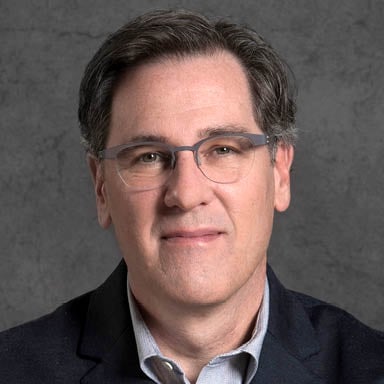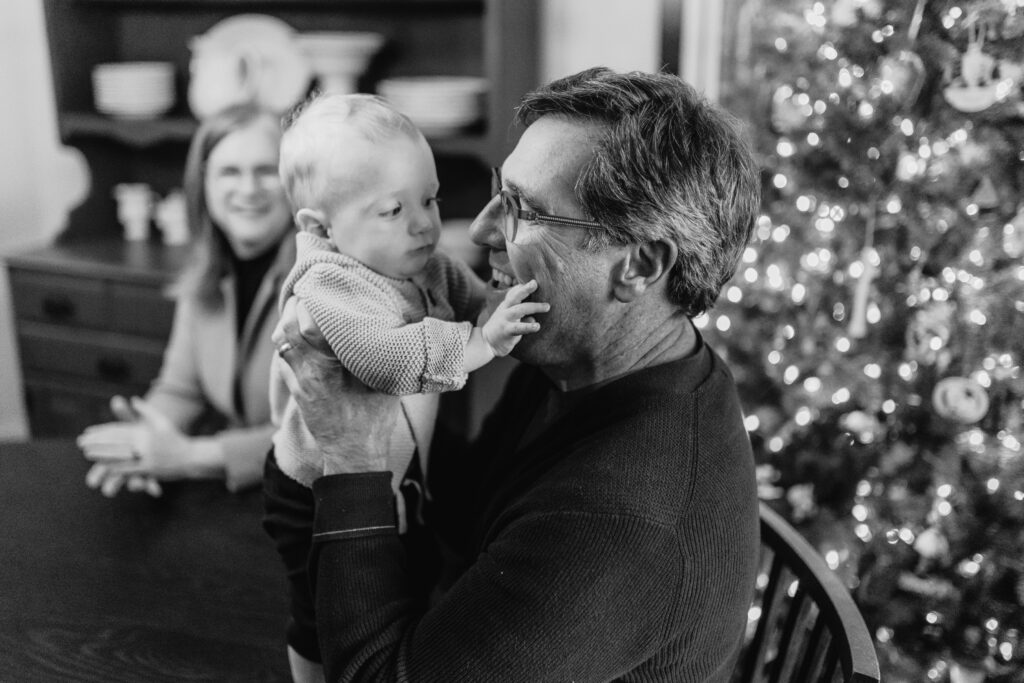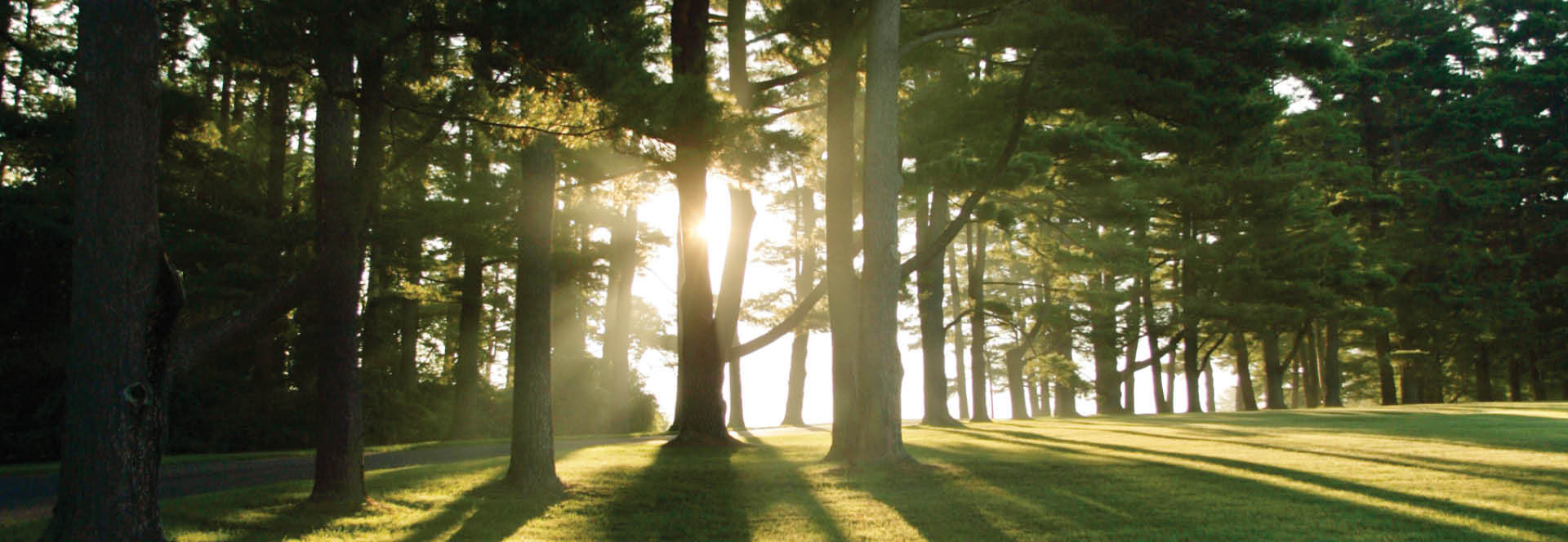By John Barton, co-host of the NetVUE podcast, Callings

Vocational discernment does not begin with a blank canvas. The goals and choices we make, and the preparations we pursue, emerge within the circumstances of life. But when we talk about vocational discernment in the context of higher education, we still tend to think in terms of conscious processing, projecting, and decision-making. And that is understandable; the college experience invites such intentional processes. Lately, however, I have been reflecting on the aspects of our vocations that are not fully or immediately part of conscious awareness. Such aspects can take many forms, but here are two distinctive examples that might evoke further reflection.
First, members of the NetVUE community know Deanna Thompson and her powerful testimony in which she describes her journey with incurable cancer as a calling. This aspect of her vocation is certainly not one she chose, nor did she immediately think of it in vocational terms. In fact, at first, she understandably experienced the disease as a disruption of her chosen vocations. But over time and through a journey of sadness and community, despair and courage, she came to consciously recognize and embrace the experience as part of her calling, with powerful effect (hear her story on “Callings We Don’t Choose”).

Second, for a very different kind of example, my wife and I are new grandparents, and our family just enjoyed celebrating our grandson Soren’s first Christmas. Of course, at eight months of age, Soren didn’t know it was his first Christmas. But that is part of my point. While he was not consciously doing so, Soren affected everything about our holiday gathering. Our family activities, rhythms, conversations, joys, prayers, and concerns were significantly altered by this new precious life. In terms of the vocational dynamics, in such situations we tend to think in terms of our active and conscious vocations as parents, grandparents, aunts and uncles, siblings, friends and neighbors. What are we called to be and do for Soren? But if we understand vocation in terms of being present in the world in such a way that impacts communities and draws people toward deeper truths about life and the world, then Soren also has a powerful calling—even now, long before he is aware of it or capable of consciously reflecting on it. His vocational impact is linked to his mere existence.
In the end, while we should always strive to be good stewards of the privileges and opportunities we have for conscious and intentional vocational discernment, we should also be mindful of aspects of our vocations that are beyond consciousness. Sometimes this mindfulness brings the pre-conscious into full consciousness, highlighting facets of our vocations that are not easily identified, that we don’t normally think of in vocational terms, or that we wouldn’t necessarily choose. Sometimes mindfulness simply reminds us that our mere existence carries with it powerful and beautiful dimensions of vocation.
For your reflection: What are some examples of not-yet-conscious vocations that you have seen in others, or that you can imagine in yourself?

To report a technical problem with the website, or to offer suggestions for navigation and content issues, please contact Alex Stephenson, NetVUE communications coordinator, at astephenson@cic.edu.



